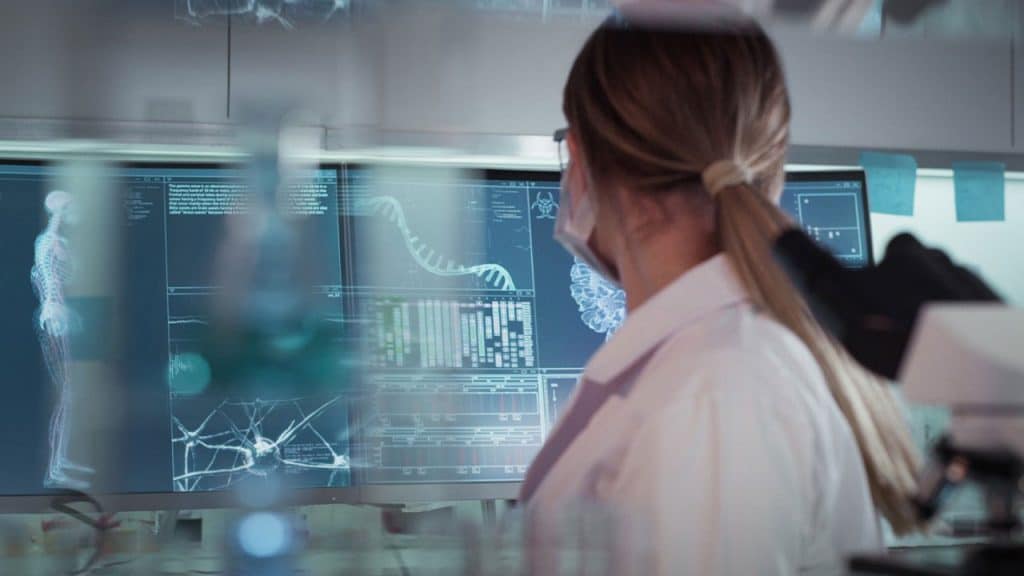What we’re increasingly realizing is that one size doesn’t fit all when it comes to health. Every single person has their own unique body, a combination of distinctive genetic, environmental and lifestyle factors that won’t respond in quite the same way as anyone else’s when it comes to medical conditions or treatments. That’s why pursuing precision medicine is so important, and modern technology helps us do that (https://longevity.technology/lifestyle/the-sheekey-science-show-precision-medicine-2/).
What exactly do we mean by precision medicine? Well, precision is being able to target something into one precise area and keep hitting that same spot over and over again. Imagine a target – the kind you use in archery or shooting. If all of your arrows cluster together in the same section, that’s precision, even if they’re not always on the bullseye.
In the context of medicine, precision applies to both the diagnosis of disease and its treatment. Think about when a doctor suspects you have an infection but doesn’t know the specific bacteria causing it. They’ll give you a broad-spectrum antibiotic that may be generally good for a range of different bacteria but might not be the most effective treatment for your individual case. This is important because overuse of antibiotics is a major factor in the dangerous rise of antibiotic resistance.
Maybe there’s a certain gene that puts you at a higher risk of developing a certain disease, in which case there may be a particular gene therapy that can remove the risk. Perhaps a specific food can be directly linked to a distinct medical condition, but only if you have that identifiable gene.
We know that who does or doesn’t get ill is often linked to a complex network of factors. It’s never just as simple as a person who doesn’t smoke living longer than a person who does. Science wants to untangle these causes so we can identify risks, make diagnoses and plan individualized prevention or treatments accordingly.
Luckily, modern technology makes this a lot easier. For example, wearable devices allow us to collect info on a wide range of biological markers in all sorts of situations. AI can analyze and categorize huge amounts of data to identify what’s relevant and recommend appropriate responses. Tech is also, of course, vital for keeping data secure.
It won’t be simple making medicine more precise, but technology is certainly helping us get there.




